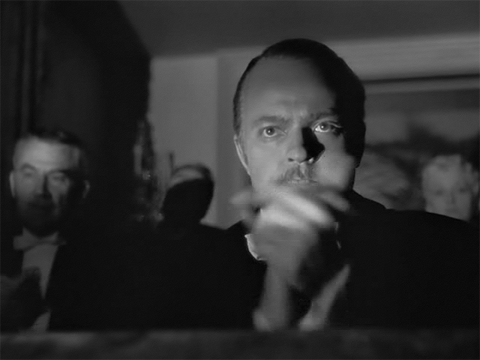The Fate of Belgium, Part 2: Belgium's War
Nicephore Maga would be re-elected for a second term in 1936, again outraging conservatives and bringing a second government under Maarten Loewen to power. The ongoing military rebuilding effort, combined with the renewed push for neutrality and stability from the Aerts foreign office, would lead Belgium to largely keep out of the growing turmoil in Europe. However, domestic politics could be ignored as international considerations could - growing political instability and unrest throughout Belgium, despite the recovering economy, were a persistent worry to the Maga/Loewen administration.
Belgium had spent much of its postwar existence worrying about France attempting to reconquer its lost territories of Picardie and Champagne. However, as the French fascists were voted out of office in 1936, and the Nazis pressed their territorial claims on Europe Belgium began to see Germany as the greater threat. As Austria, Czechoslovakia, Memel, and Denmark all went to Germany, politicians began to worry when Hitler would come for German-speaking Luxembourg. Belgium had always relied on Germany to protect it from its neighbors. Now, the alliances that Aerts had secured with Italy and Britain seemed to put Belgium on the other side of the fence, worrying about antagonizing an angry superpower.
The state of Belgium's military did not help matters. The Javanese war had wiped out most of the army, which the general staff raced to rebuild in time for a potential war. Belgium had also spent most of its time and effort fortifying the French border; the German border, by comparison, was only lightly fortified. To complicate matters, the finance ministry, the public, and the government all had a relatively mixed relationship with the military. All in all, military buildup sparked a public debate in Belgium. Wouldn't it be better, some asked, to break these alliances and remain neutral? Neutrality had, after all, brought prosperity in recent years. The large, if suppressed, Belgian fascist movement also fumed at the shift towards Britain, publicly and favoring closer ties with Germany for the sake of conquest and glory. Only a small minority of Belgians favored closer ties with the Soviet Union - a distant, historical enemy of the Belgian state - but in later years of the war some communists would argue that alliance with the international comintern would have protected Belgium from Germany better than any army.
Neutralist (and pro-Axis) sentiment would keep Belgium out of the war when it began in late 1939 and Germany marched into Poland. However, by mid-1940, with Poland defeated and Hitler rapidly pivoting troops to the Western Front, Belgium would officially shed its neutrality and declare for the Allies. Though this move enjoyed considerable popular support in the mainland, the Belgian Greater Congo essentially rebelled against the decision, surrendering their domestic administration to the neighboring German territories, which were quickly occupied by German troops. Belgian auxiliaries would invade German North Cameroon in retaliation.
The German blitz against the Allies began in May of 1940. Hitler's generals, scrutinizing the allied defensive lines, finally decided on a two-pronged attack against the Allies - striking the unprepared Dutch army and the shaky Italian north line simultaneously. The Dutch collapsed almost instantaneously, as did the Italians. The latter victory was down to subterfuge and infiltration on the part of the Germans more than tactics. Hitler had long been allying himself with sympathetic fascists in the Italian military elite; Italian failure to resist the German offensive would catch the allies off guard. Hitler quickly overran Italy, placing a puppet government under his ally (and supposed personal friend) Benito Mussolini in power.
On the northwestern front, the Germans had attacked through the Netherlands to avoid France's Maginot Line and Belgium's relatively well-defended right flank of the De Graaf line. The blitzkrieg instead came down through the relatively undefended north. Though the Germans could not be said to be technologically or organizationally superior to the Belgians, the relatively diminished state of the Belgian armed forces gave the Germans vast numerical superiority, allowing them to push the Belgian army back quickly. Fascist sympathizers also proved a chronic problem for the Belgian armed forces, which were still riddled with BNF infiltrators. Brussels fell in July, 1940, even though French army units and British expeditionary forces mobilized rapidly to reinforce Belgian defenders. The Maga government was forced to flee in exile to Paris (causing some conservatives to applaud the German invasion).
However, the German invasion stalled in August, where they came up against the French Alpine Line in the south, the Maginot Line on the Rhineland border, and the Picardie Line in the northwest. The last obstacle was most surprising for the Germans, who had largely assumed Belgian defenses on the French border would be impotent when attacked from the wrong direction; in actuality, Belgian engineers were able to rapidly adapt them and stop advancing German armored units just miles from Paris. The stalemate continued until January of 1941, when a winter German armored offensive, supplemented by specialized engineer units, pierced the Maginot Line. Paris fell in February and the Belgian government was again forced to evacuate, this time to London. This would mark the end of Belgium's involvement in the second World War.
-------------------------
Player Actions Needed:
Wait.



